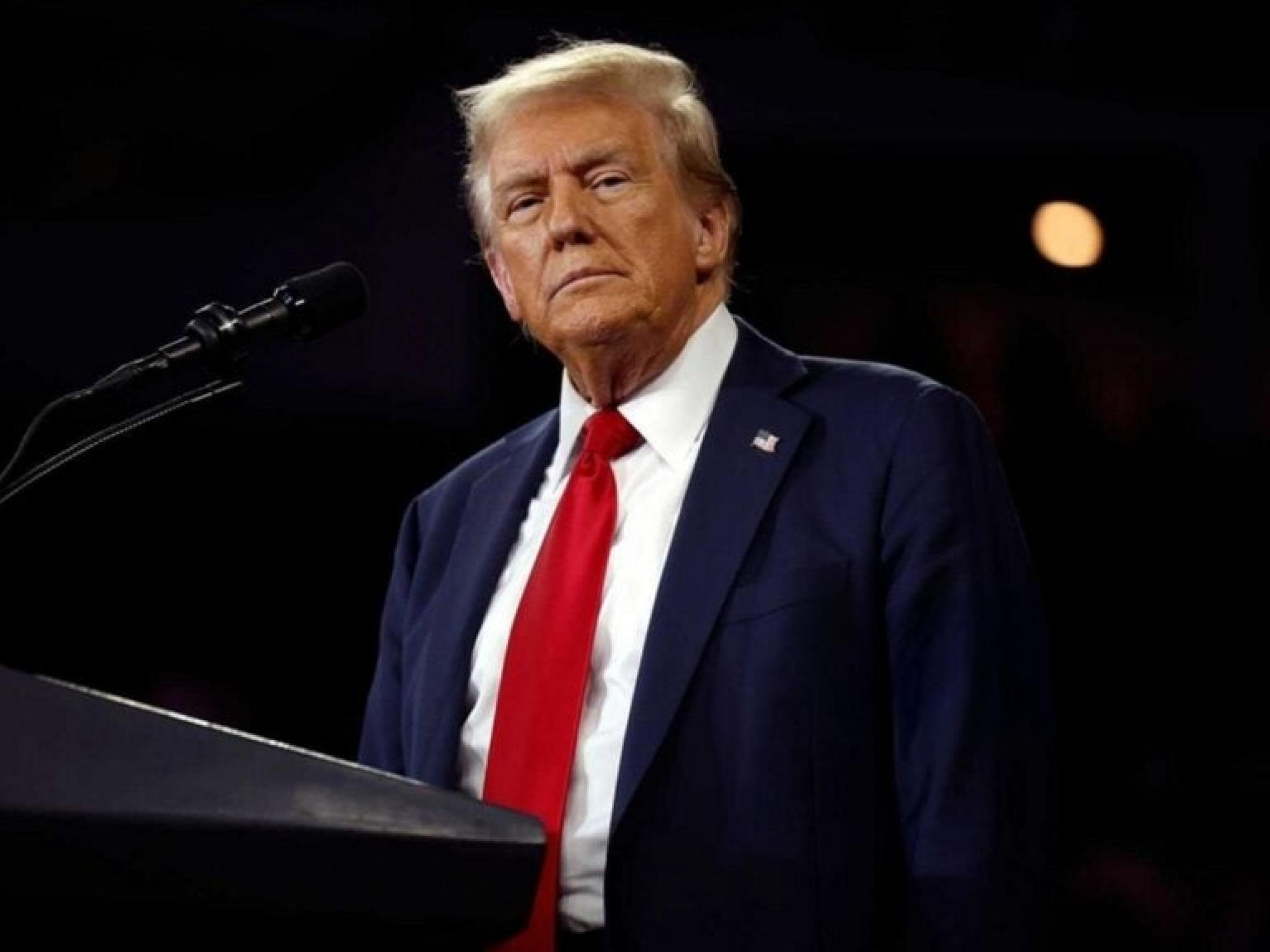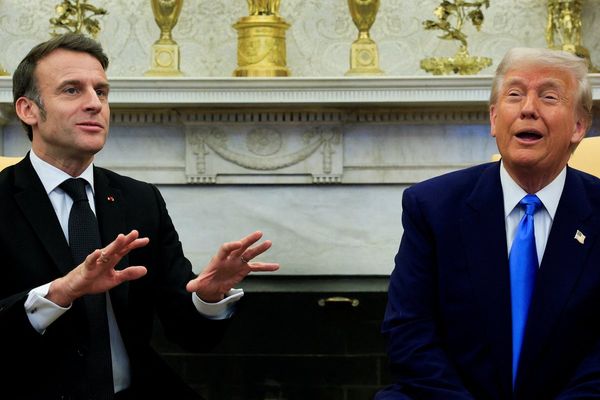
President-elect Donald Trump has announced plans to impose a 25% tariff on all products from Mexico and Canada in response to the ongoing border crisis, stirring economic concerns.
What Happened: Trump took to Truth Social on Monday, to express his concern over the increasing number of people crossing the borders from Mexico and Canada into the United States. He described the situation as an “invasion” and blamed it for rising crime and drug levels.
Trump stated that he would sign an executive order on the first day of his administration to impose a 25% tariff on all products entering the U.S. from Mexico and Canada. He added that the tariff would remain in effect until the drug and illegal immigration issues are resolved.
“Both Mexico and Canada have the absolute right and power to easily solve this long simmering problem. We hereby demand that they use this power, and until such time that they do, it is time for them to pay a very big price!”
Trump criticized China for failing to curb the flow of fentanyl into the U.S. despite promises of harsh penalties for drug dealers. He claimed the drugs, largely entering through Mexico, are at unprecedented levels, announcing a 10% tariff hike on Chinese imports, above any additional tariffs, until the issue is addressed. “Thank you for your attention to this matter,” he said in a separate post.
Why It Matters: Trump’s proposed tariffs have raised concerns among economists and industry experts. Ding Yifan, a researcher at China’s State Council's Development Research Center, warned that such tariffs could significantly impact the U.S. economy, particularly the defense sector.
Moreover, a Goldman Sachs economist predicted that a universal tariff could push inflation back to 3%, complicating the Federal Reserve’s efforts to keep inflation at 2%.
Renowned economist Mohamed El-Erian also cautioned against oversimplifying Trump’s tariff strategies, emphasizing that the issue is complex and requires a nuanced analysis.
While Trump’s tariff proposals are likely to hurt companies with international supply chains, others like those in the software or entertainment industry like Netflix Inc. (NASDAQ:NFLX) that don’t sell physical products are likely to remain protected from any negative impact. Companies that have reliable production units outside China are also likely to benefit, these include names like AutoZone Inc (NYSE:AZO) and Hasbro Inc. (NASDAQ:HAS).
Did You Know?
- Congress Is Making Huge Investments. Get Tips On What They Bought And Sold Ahead Of The 2024 Election With Our Easy-to-Use Tool
This story was generated using Benzinga Neuro and edited by Shivdeep Dhaliwal







